Are you curious about how to effectively reach out for information on services you may need? Crafting the perfect request letter can make all the difference in getting the information you seek. Whether you're looking for insights on pricing, availability, or specific offerings, a well-structured letter can ensure a prompt and informative response. Dive in to discover tips and templates that will help you compose a stellar request letter today!
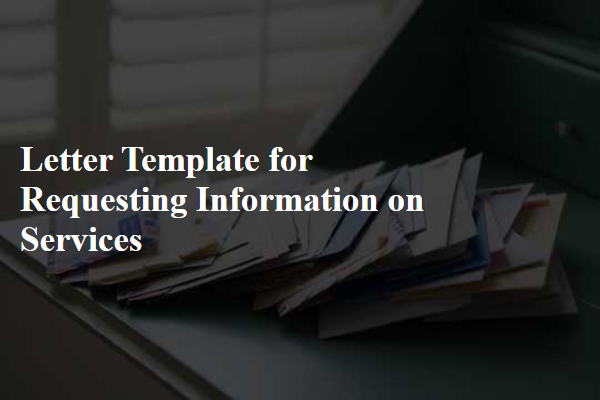
Subject line clarity.
Subject lines play a crucial role in determining whether an email will be opened or ignored. A clear and concise subject line, such as "Request for Information on Your Services" or "Inquiry About Available Services", sets the correct expectations for the recipient. It immediately communicates the purpose of the email, making it easier for the recipient to prioritize their responses. Including specific keywords related to the services being inquired about, such as "consulting", "marketing", or "technical support", can further enhance clarity and relevance. Subject lines should ideally be kept under 50 characters to ensure full visibility, especially on mobile devices, where space is limited.
Polite salutation.
Polite salutations are essential for formal correspondence, especially when requesting information. A salutation such as "Dear [Recipient's Name or Title]" serves as a courteous opening. For example, "Dear Ms. Smith," or "Dear Customer Service Team," can set the right tone. Follow this with a brief introduction, stating the purpose of the letter, which would establish clarity and express gratitude in advance for the assistance.
Clear request statement.
Requesting information about available services can help organizations tailor their offerings to meet specific needs. For example, a small business might inquire about marketing services, specifically social media management, search engine optimization, and email marketing campaigns. Understanding pricing structures, service packages, and duration of contracts is essential for effective budgeting and project planning. Additionally, exploring case studies or testimonials may provide insight into the effectiveness of these services based on previous client experiences. This thorough approach ensures that the information gathered will guide informed decision-making.
Specific service details.
Inquiring about comprehensive details regarding specific services can enhance understanding and decision-making. For instance, when seeking information about personal training sessions at a fitness center, details such as session duration (typically 60 minutes), frequency (e.g., weekly sessions), and pricing structures (often varying from $40 to $100 per session) are crucial. Likewise, understanding the qualifications of personal trainers, including certifications from recognized organizations like NASM or ACE, enriches the context. Additionally, knowledge about location amenities, such as access to gym equipment or nutritional counseling services, can prove beneficial for prospective clients.
Contact information for follow-up.
The lack of proper contact information can significantly hinder effective communication between service providers and potential clients. Obtaining accurate email addresses, phone numbers, and physical addresses is essential for follow-up inquiries regarding services offered. Companies located in urban centers like New York City or Los Angeles may have different response times compared to those in smaller towns. Fast-paced environments often lead to quicker email responses, while personal interactions can be more common in less populated areas. Ensuring that clients have access to relevant contact details fosters a collaborative relationship and facilitates timely information exchange, enhancing customer satisfaction and service alignment.

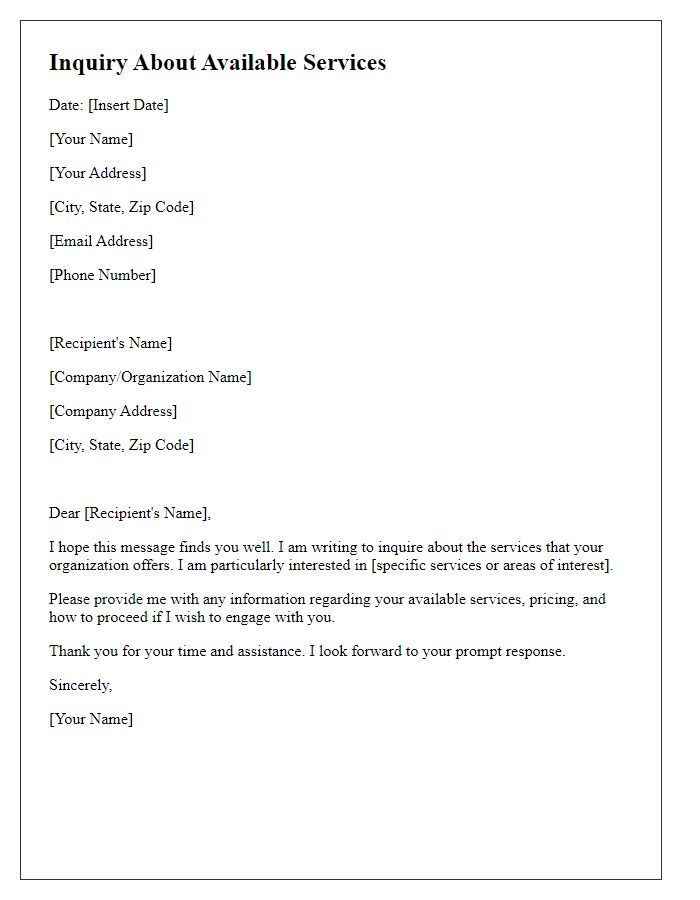
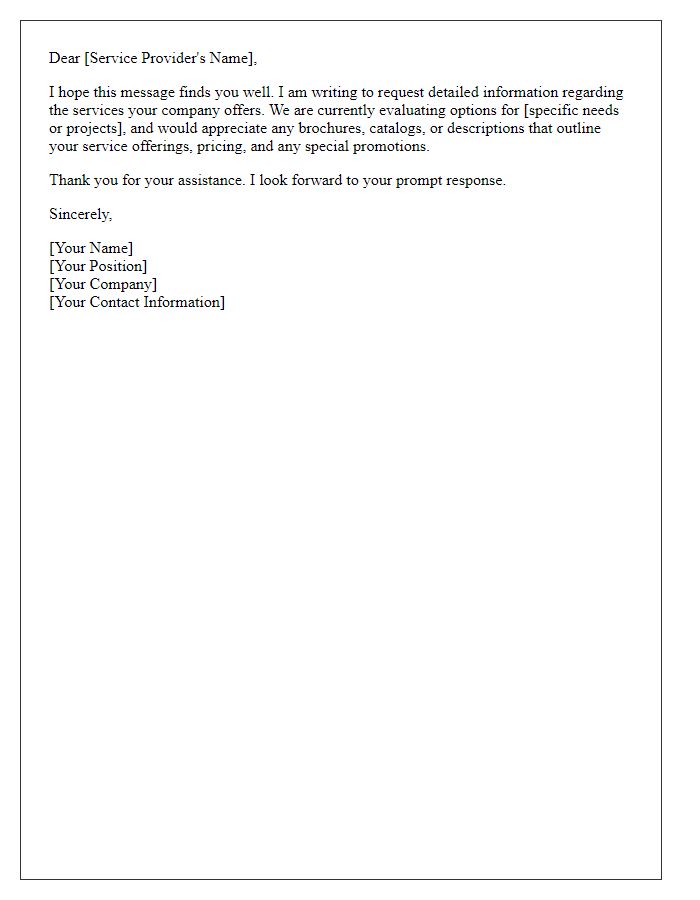
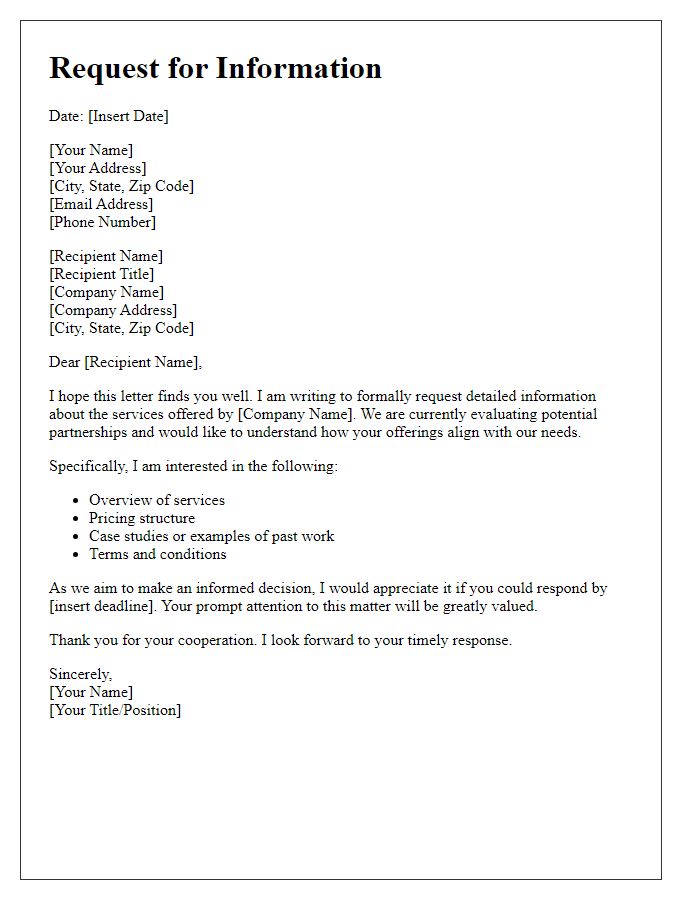
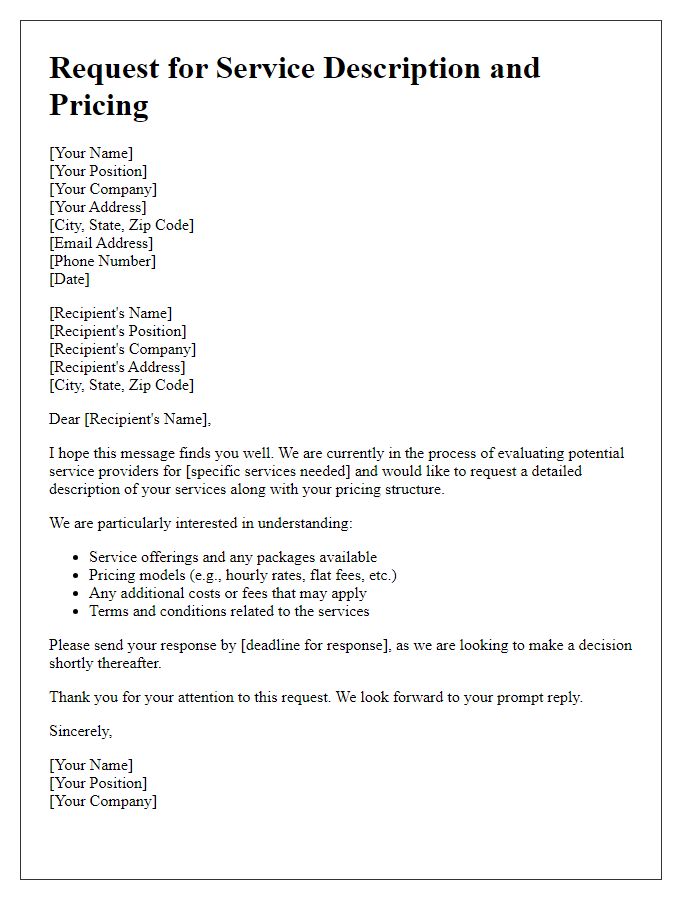
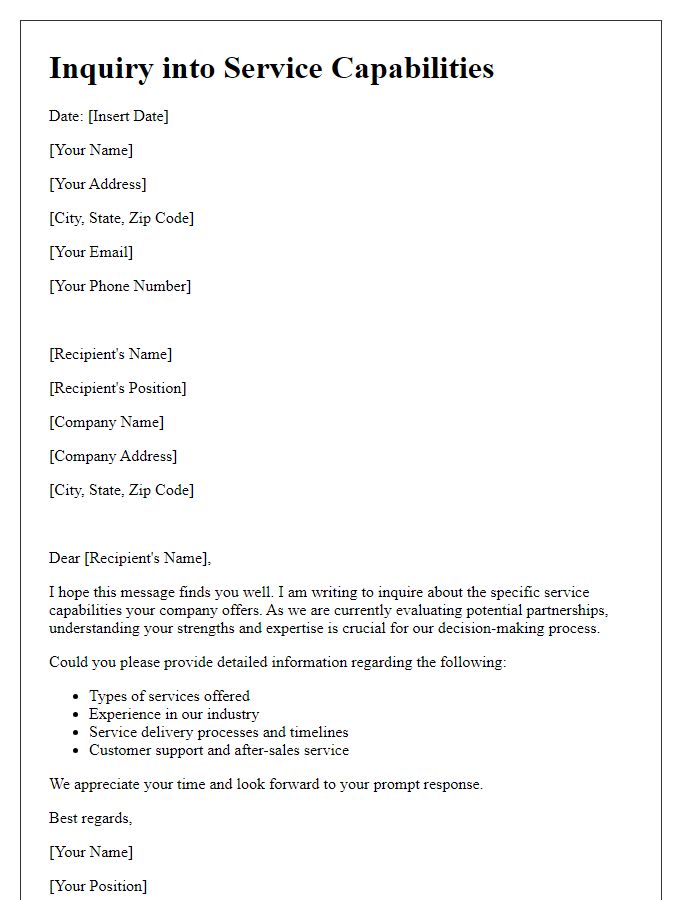
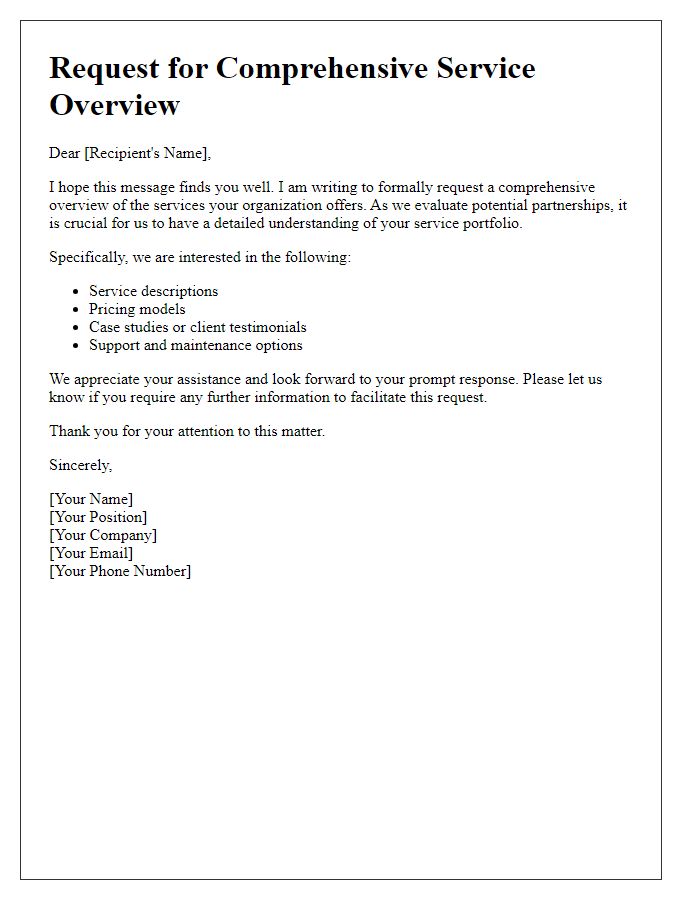
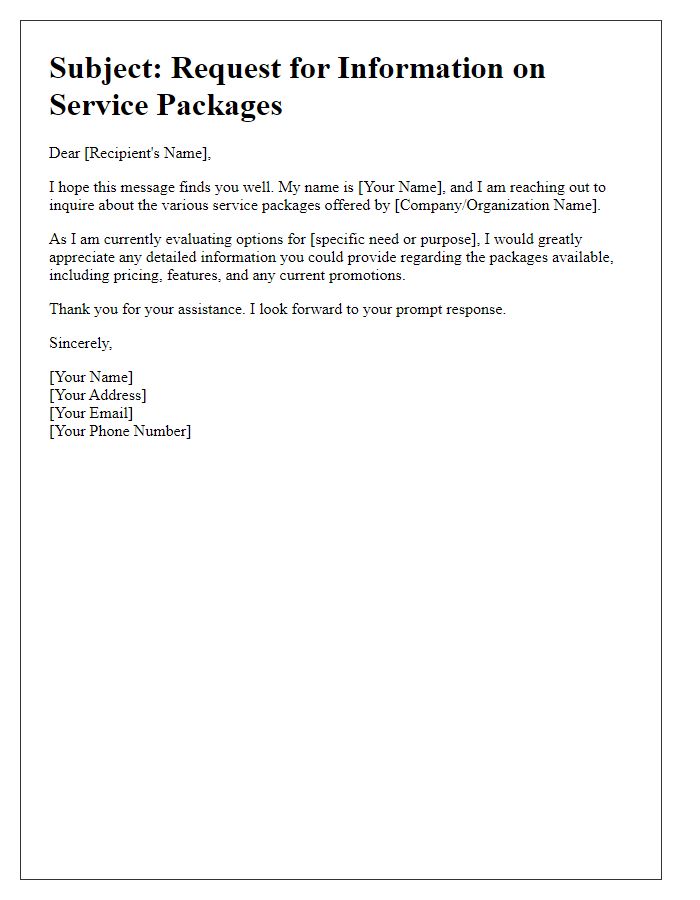
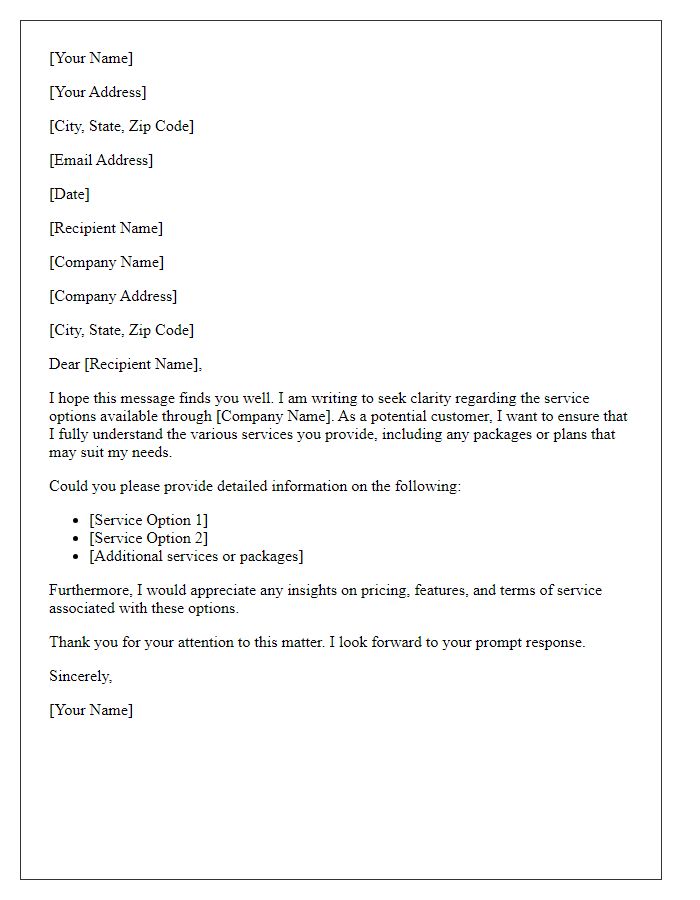
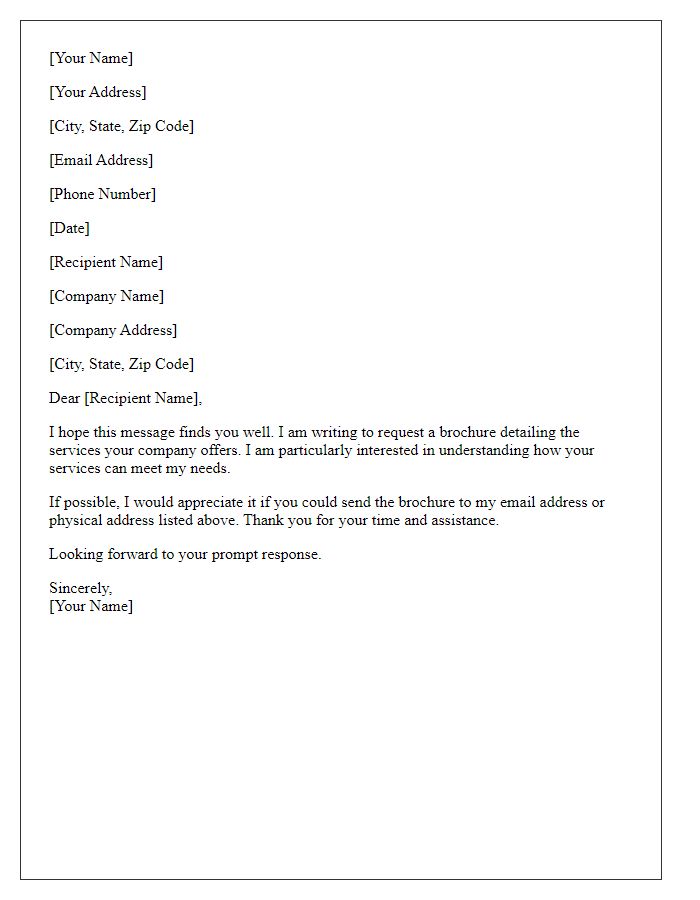
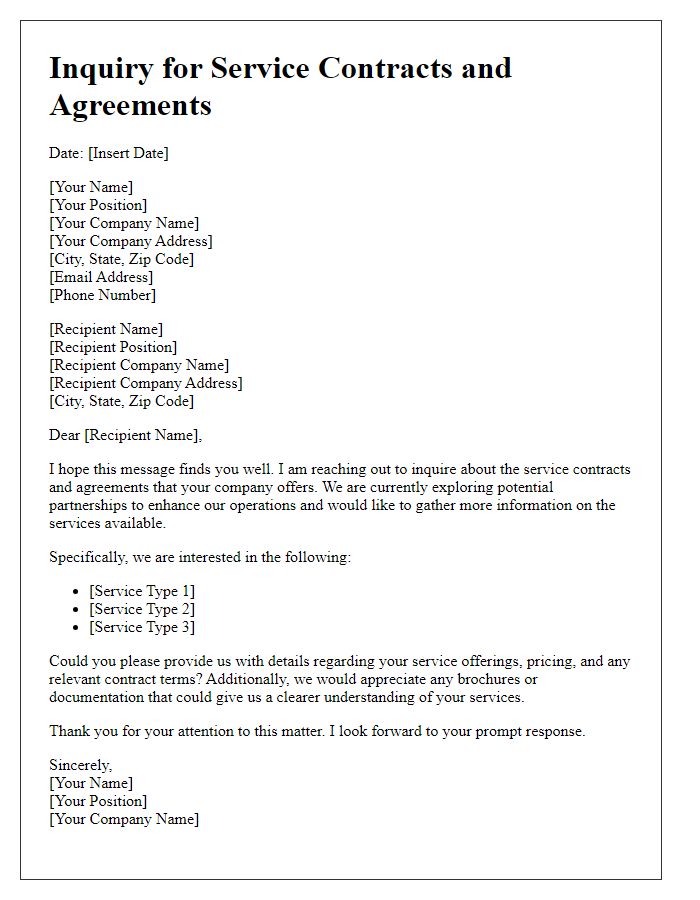


Comments